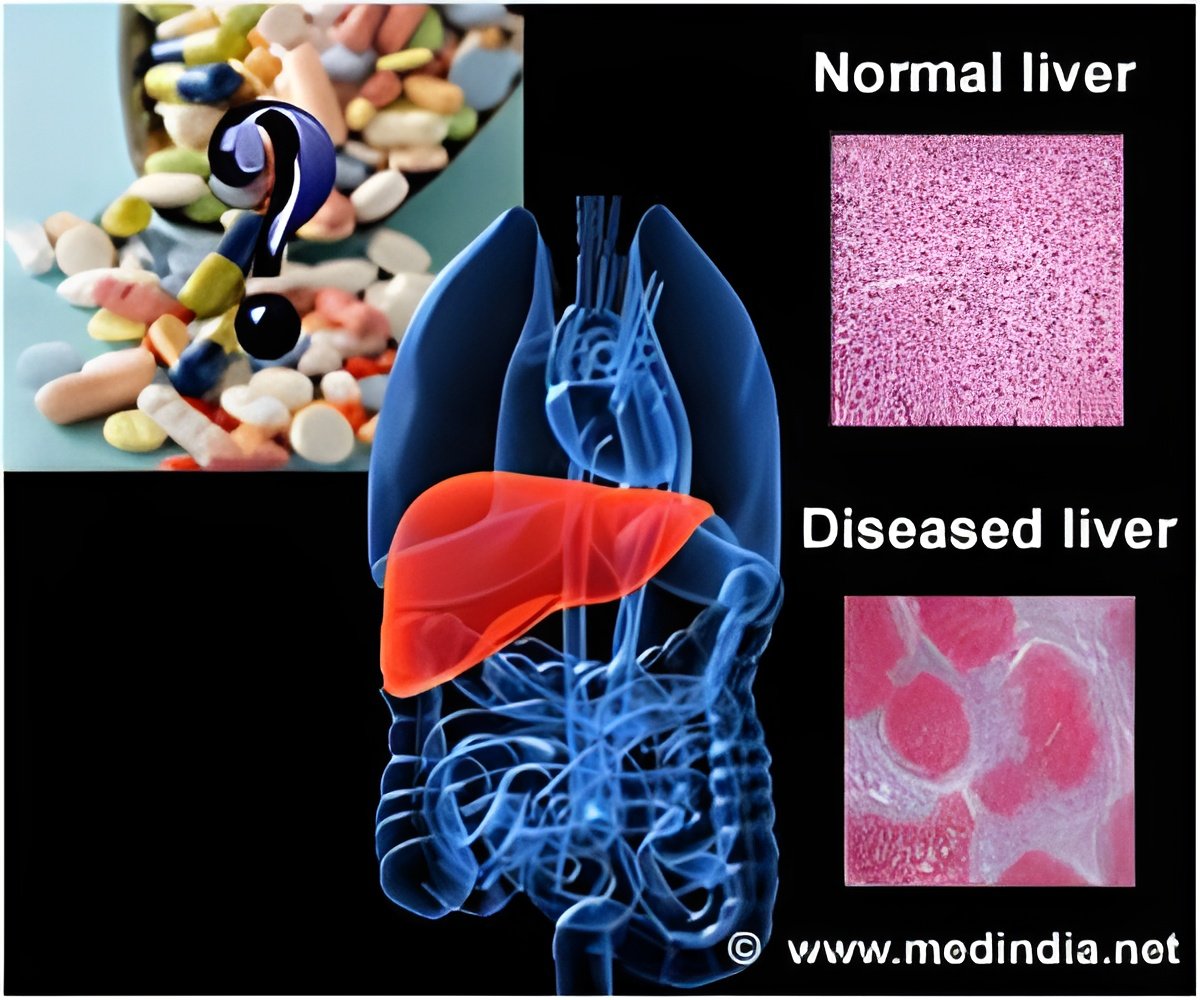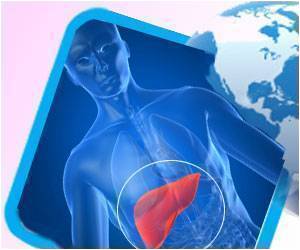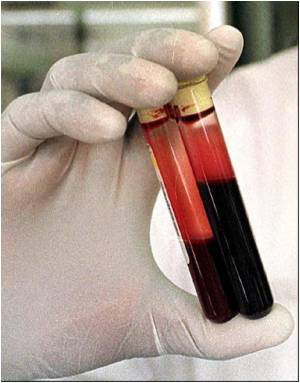
"Given that a history of intravenous drug use is more frequent among inmates, there is a higher prevalence of HCV infection in the prison population," explains lead author Dr. Michael Lucey, Chief of the Division of Gastroenterology and Hepatology at the SMPH. "HCV treatment during incarceration provides an opportunity to make a significant improvement to public health."
Incarcerated and non-incarcerated patients with HCV who were seen at the University of Wisconsin Hepatology or Infectious Diseases Clinic between January 2002 and December 2007, were evaluated for antiviral therapy. Researchers identified 521 general-population patients and 388 from the prison population who were evaluated for HCV therapy.
Results show that 61 percent of non-incarcerated and 60 percent of incarcerated patients received treatment with pegylated interferon and ribavirin. Those from the prison population were more likely to be African-American males with a history of alcohol or intravenous drug use. The team reported that SVR was achieved in 43 percent of prisoners compared to 38 percent of patients in the general-population group.
"Our findings highlight the effectiveness of antiviral therapy in HCV-infected prisoners, and show that it is as successful as treatment for HCV patients in the general population," concludes Dr. Lucey. "With previous studies citing poor results of HCV treatment in high-risk groups on an outpatient basis, a correctional setting may be an optimal setting for treatment that will help curb the hepatitis C public health crisis."
Source-Eurekalert















